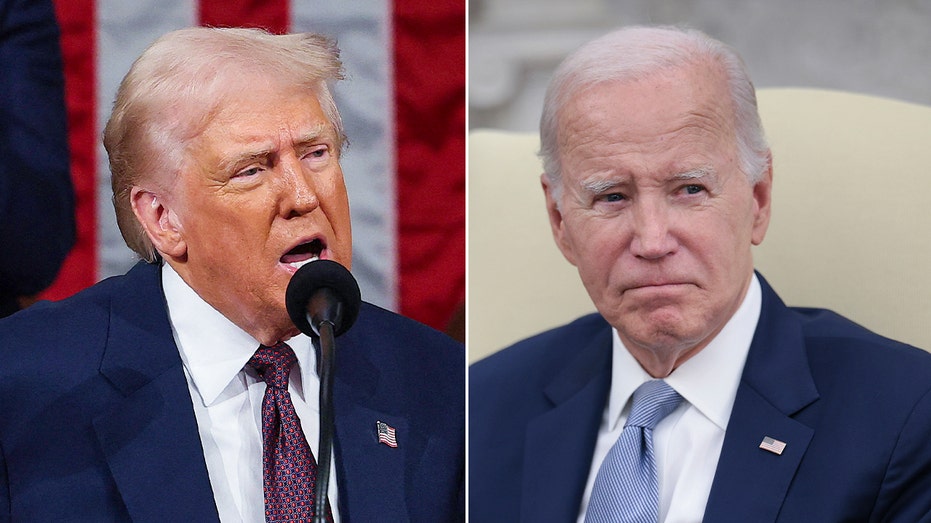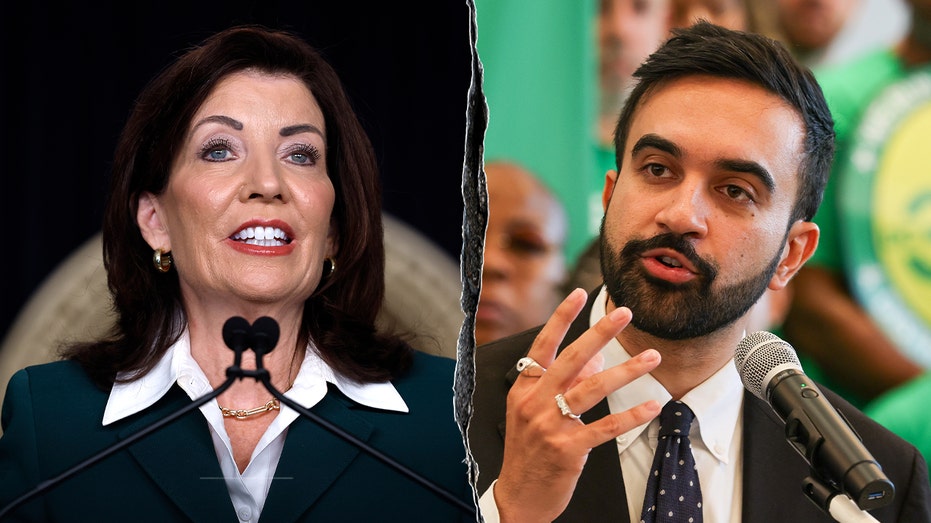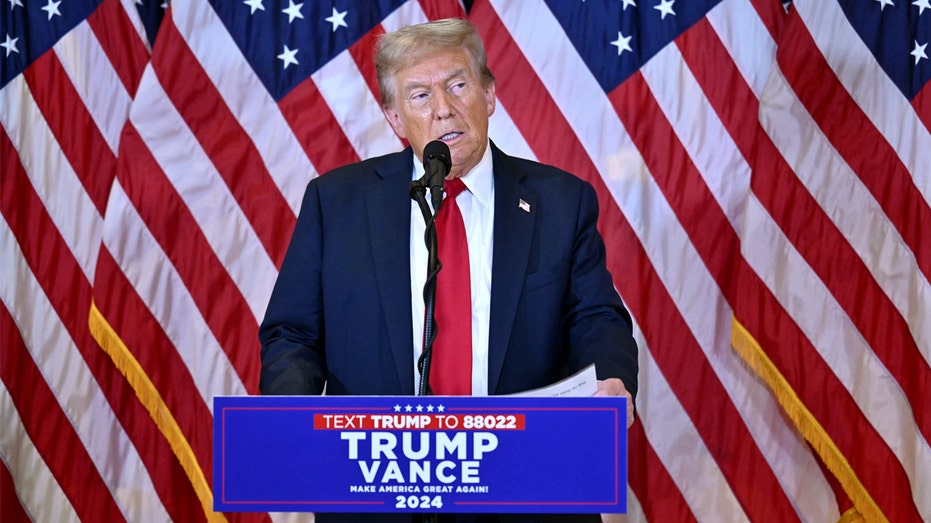Trump’s ‘big, beautiful bill’ cracks down on Biden’s student loan ‘scheme,’ top Republican says

The chairman of a key Senate panel is claiming victory against former President Joe Biden’s student loan plans as part of President Donald Trump‘s “one big, beautiful bill.”
“The Biden administration was attempting to forgive student loans for people who willingly took on the loan and required the taxpayer, including people who never went to college and would never make what the person who took the loan would ever have the hope to make,” Senate Health, Education, Labor, and Pensions (HELP) Committee Chairman Bill Cassidy, R-La., told Fox News Digital.
“So we end that transfer of that student loan on the taxpayers, and that’s probably our biggest savings.”
Cassidy’s committee released its portion of the Trump agenda bill late on Tuesday.
NEW STUDY REVEALS BLUE STATE’S FAST-FOOD MINIMUM WAGE HIKE JEOPARDIZED THOUSANDS OF JOBS
A press release for the legislation said it “ends Biden’s student loan schemes that transfer debt onto the 87 percent of Americans who chose to not go to college or already paid off their loans” and “also prevents future Democrat administrations from implementing schemes.”
The bill specifically takes aim at Biden’s expansion of Borrower Defense to Repayment regulations and Closed School Discharge regulations, which Republicans have held up as costly policies that shift federal student loan borrowers’ burdens onto other taxpayers.
Various versions of Biden’s plans had previously been struck down in court.
The bill would also eliminate federal Grad PLUS loans, a program used by graduate-level and professional students to pay for their studies, which can be used for graduate students’ entire cost of attendance.
It would instead keep in place a $20,500 annual limit for Federal Direct Unsubsidized Loans on graduate degrees, capped at $100,000 total, excluding undergraduate loans. For professional degrees, it keeps a $50,000 annual unsubsidized loan limit and a $200,000 total cap.
The legislation is also aimed at cracking down on taxpayer funding subsidizing degrees from lower-performing universities.
Colleges that see people with undergraduate degrees earn less than the typical high school graduate in their state, or graduate programs where attendees then earn less than the normal bachelor’s recipient, would be blocked from federal student loan programs.
“What we’ve got was a situation where people can borrow more money than they can effectively pay back, and that destroys their life, leaving them with a debt burden which keeps them unable to do other things in life. And there’s at least some sense that universities offering these programs know that’s the case. And so we attempt to fix that,” Cassidy said.
“So we have provisions that would say that if the degree being acquired does not end up paying more, the person receiving that degree doesn’t get more on average than a person who did not get that degree, then the federal government is not going to lend them money.”
To encourage more people to pursue non-collegiate degrees, the bill would also establish a Workforce Pell Grant. Pell Grants are currently aimed at low-income students pursuing bachelor’s degrees and are generally not repaid.
“For example, a student gets a commercial driver’s license. They’re going to go out and make $100,000 a year after a couple of years of driving, I am told. And so we want to enable those people to accomplish that,” Cassidy said.
Foreign income would be taken into account when evaluating Pell Grants, while farm and small business assets would not, under the GOP bill. Those and several other measures in the legislation would add up to roughly $300 billion in taxpayer savings, Cassidy said.
Senate Republicans are currently working through their version of Trump’s massive agenda bill, which passed the House late last month.
NEW STUDY REVEALS BLUE STATE’S FAST-FOOD MINIMUM WAGE HIKE JEOPARDIZED THOUSANDS OF JOBS
Republicans are using the budget reconciliation process to pass a sweeping bill advancing Trump’s agenda on taxes, immigration, energy, defense and the national debt. They are also working to use it to bring down the national debt – nearing $37 trillion – with the aim of cutting $1.5 trillion in federal spending.
Reconciliation allows the party in power to completely skirt the minority, in this case Democrats, by lowering the Senate’s threshold to advance from 60 votes to 51. The legislation must adhere to a specific set of rules, however, including measures that deal with the budget, taxation, or the national debt.
Both the House and Senate must agree to identical versions of the bill before it gets to Trump’s desk for a signature. The House’s version passed 215 to 214, and leaders there have implored the upper chamber to change as little as possible.
Cassidy acknowledged there were some changes made but was optimistic about how they’ll be met in the House.
“There’s several things, but one thing I think that they’re going to like is that we do fully fund the Pell Grant program. You know, we address the shortfall there. And so I think they’re going to like it,” he said.
“It’s going to give low-income students access to career education. We need those kind of career type jobs to make sure that all this manufacturing and construction has a workforce to address it. And so we think it helps the needs of society. We think it helps the needs of the student.”
House and Senate GOP leaders had previously set a goal of having a bill on Trump’s desk by the Fourth of July.
Cassidy declined to comment on whether that was a feasible benchmark but argued that lawmakers should be ready to extend that timeline – and possibly shrink their summer recess – to get the final product.
“As far as I’m concerned, the most important thing is to get it right. So if there is a delay, the president said it today – if there is a delay, that’s not that big of a deal. The most important thing is we get it right,” he said.



